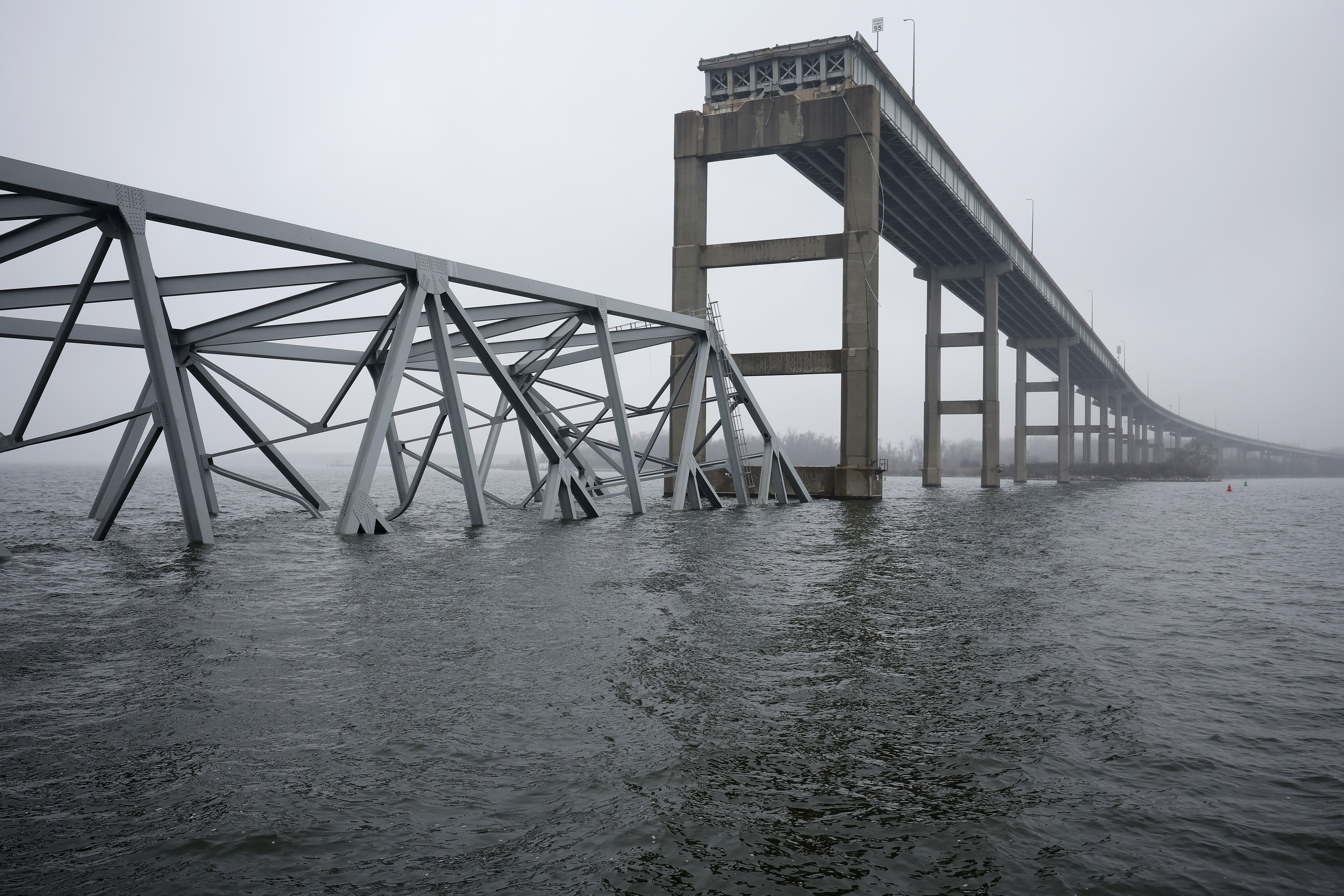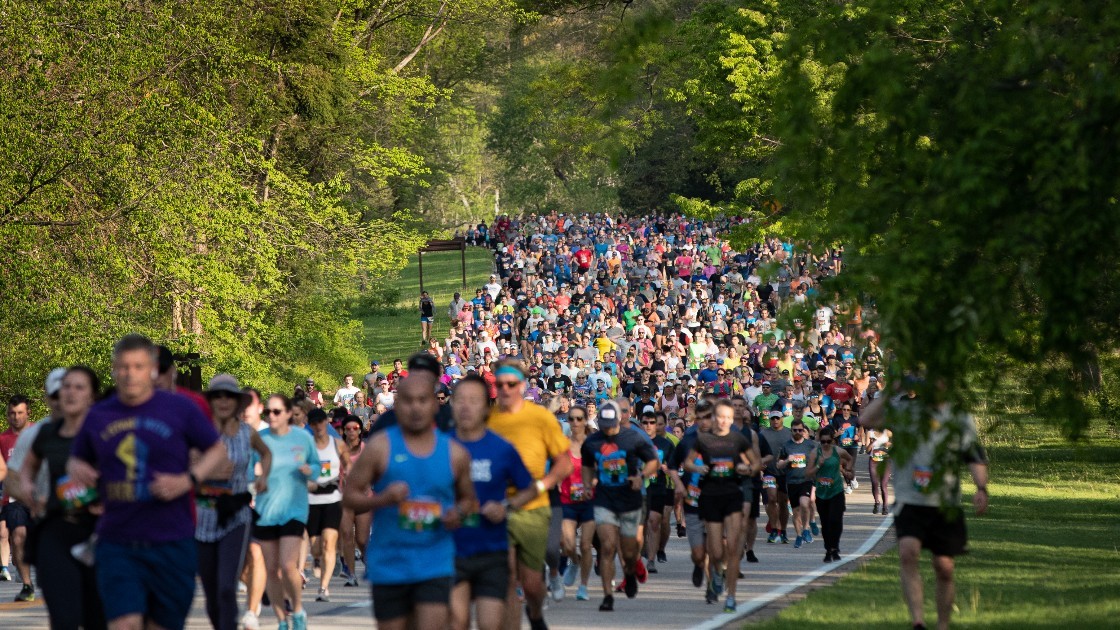A boil water advisory has been lifted after two days for most neighborhoods that were impacted in Northeast D.C., but thousands of people should still avoid drinking untreated tap water after bacteria were found in a sample, DC Water says.
About 4,200 DC Water customers are still at risk in neighborhoods including Chillum Station, Michigan Park, North Michigan Park, Queens Chapel, Terra Cotta and Woodridge.
The boil water advisory will continue until samples collected over two consecutive days are clear, DC Water says. More samples are set to be analyzed Sunday morning.
DC Boil Water Advisory Map
We're making it easier for you to find stories that matter with our new newsletter — The 4Front. Sign up here and get news that is important for you to your inbox.
Residents in areas where the boil water advisory was lifted, including Brookland, Edgewood and Woodridge, should run their taps until the water comes out clear, then leave it running for 10 minutes.
Running the tap will clear any stale water out of the pipes. After that, residents can use their water normally, without boiling or special precautions, DC Water says.
Local
Washington, D.C., Maryland and Virginia local news, events and information
DC Water issued the advisory on Thursday after a pipe leak caused a drop in water pressure, which can sometimes lead to elevated levels of E. coli or coliform bacteria.
DC Water said Friday it collected water samples at 10 locations in the impacted area and all of the samples were negative for E.coli while nine of the samples were negative for coliform bacteria.
However, one sample tested positive for coliform bacteria, DC Water said, which extends the advisory through at least Sunday. Coliforms are bacteria that are naturally present in the environment and are used as an indicator that other, potentially harmful, bacteria may be present, according to DC Water.
This advisory will remain in effect until DC Water has two consecutive days of negative bacteria sample results to confirm water quality was not compromised in the impacted area of the advisory.
To see if your home, day care or workplace is affected, check your address using this map or call DC Water’s 24-Hour Command Center (202) 612-3400.
Residents in affected areas should only ingest tap water after it’s been boiled for one minute or use bottled water. Only boiled tap water should be used for cooking, drinking, brushing teeth, making ice, watering pets or preparing food and infant formula.
The original area impacted was east of North Capitol Street, west of Eastern Avenue, south of New Hampshire Avenue and north of New York Avenue, DC Water said. That included the Providence Health System, HSC Pediatric System, Howard University School of Divinity and some buildings on the Catholic University campus.
DC Water customers outside the area shown in red do not need to boil their water, officials say.
During a previous boil water advisory in 2018, D.C. officials said it is safe to shower and breastfeed.
To make sure tap water is safe, bring it to a roiling boil for one minute, then let it cool. A home filtering device is not suitable for this purpose, DC Water said.
DC Water said residents of the affected area should also:
- Discard any beverages and ice made before and during this advisory.
- Run cold water until clear (if discolored) prior to boiling.
- Run cold water for 2 minutes if known sources of lead are present prior to boiling.
- Store cooled water in a clean, covered container.
Here's an FAQ with more information from DC Water.
Crews repairing a pipe leak near 13th Street and Spring Road NW Wednesday afternoon closed valves, then some customers reported a loss of water pressure. The pressure was restored within an hour, DC Water said.
The loss of pressure may have allowed “bacteria or other disease-causing organisms” to enter pipes.
Bacteria or other contaminants could cause diarrhea, cramps, nausea, headaches, or other symptoms, and pose a greater risk or babies, young children, some elderly people and people with severely compromised immune systems, DC Water said. If you feel sick and symptoms persist, call a doctor.
D.C. previously was under a boil water advisory in July 2018 that affected a large area and an estimated 34,000 DC Water customers. The advisory was lifted after two days.
Stay with News4 for more on this developing story



